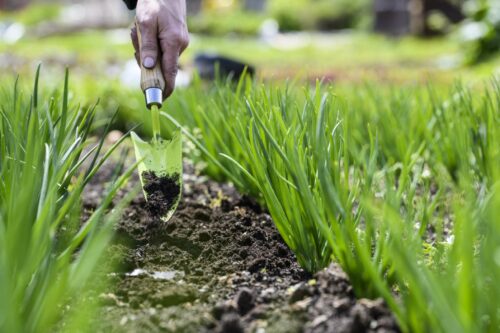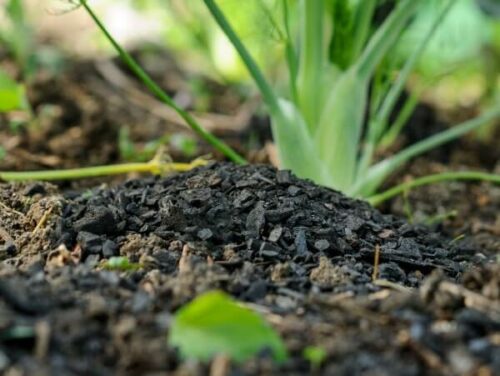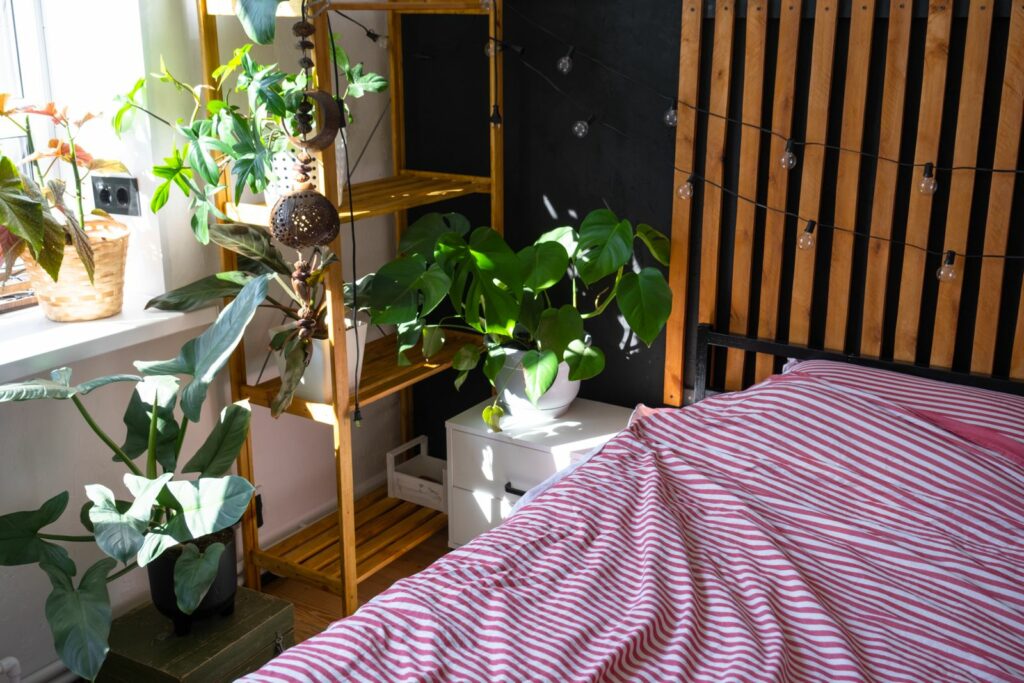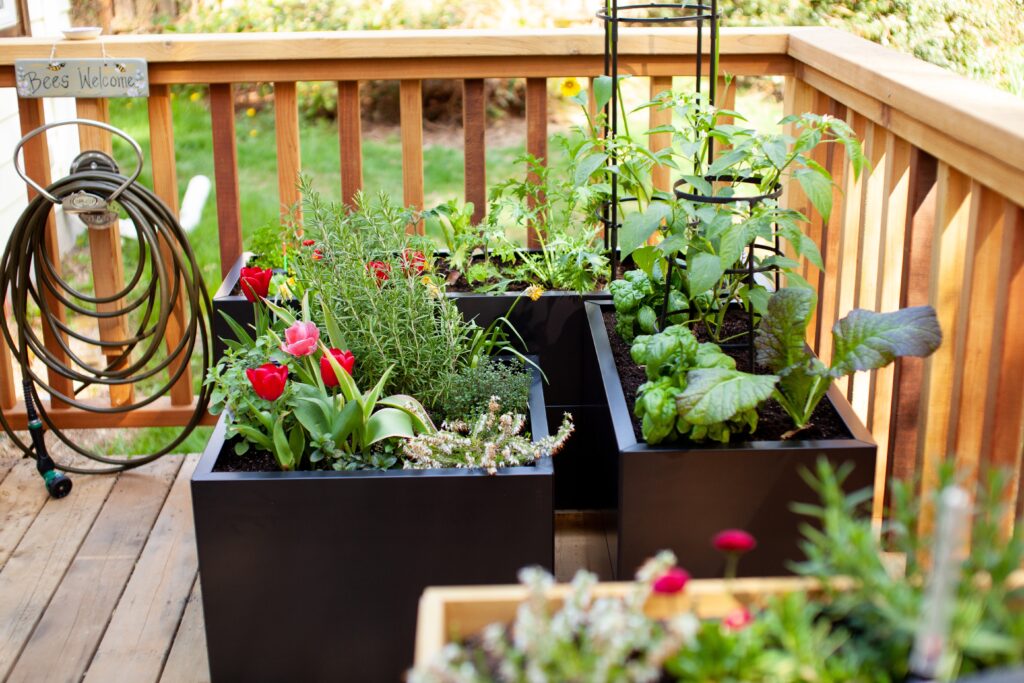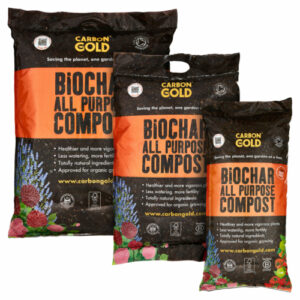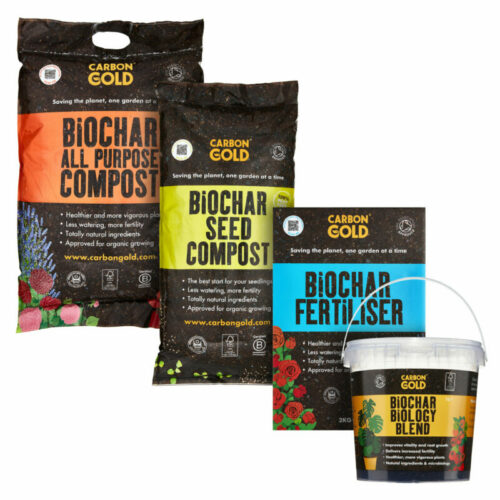Planting a vegetable garden is a great way to grow your own food and teach kids about where it comes from. So, it’s no surprise that it’s a hobby that many fall in love with. But it’s not always easy to get things right. Here, we explore five of the biggest mistakes vegetable growers make and how to avoid them.
Mistakes to avoid when growing vegetables
Picking a Bad Spot
Pretty much all vegetables need sunny spots in the garden. You can get away with planting lettuce and other salad leaves in shady conditions, but for everything else, a good supply of sunlight is critical.
We recommend that vegetables get at least six hours of sun a day. This will ensure that they set a good amount of fruits and develop lots of sugars, which will impact their flavour.
We all need space to breathe, and vegetables are no different. While it can be tempting to ram things in close together, it will result in plants preventing one another from getting the sun and air circulation required to grow well and stay healthy. Plus, their roots will be competing for water and soil nutrients below the surface. Less is more!
Over and Under Watering
Striking a healthy balance is key when it comes to watering. One of the biggest mistakes veg growers make when they are starting out is to let plants dry out. Equally, watering too much can promote harmful fungus and make plants more susceptible to disease. We find that watering around twice a week does the trick – weather depending.
Using products like our Biochar All Purpose Compost to improve plant health increases the soil’s ability to retain water, so you will need to waterless.
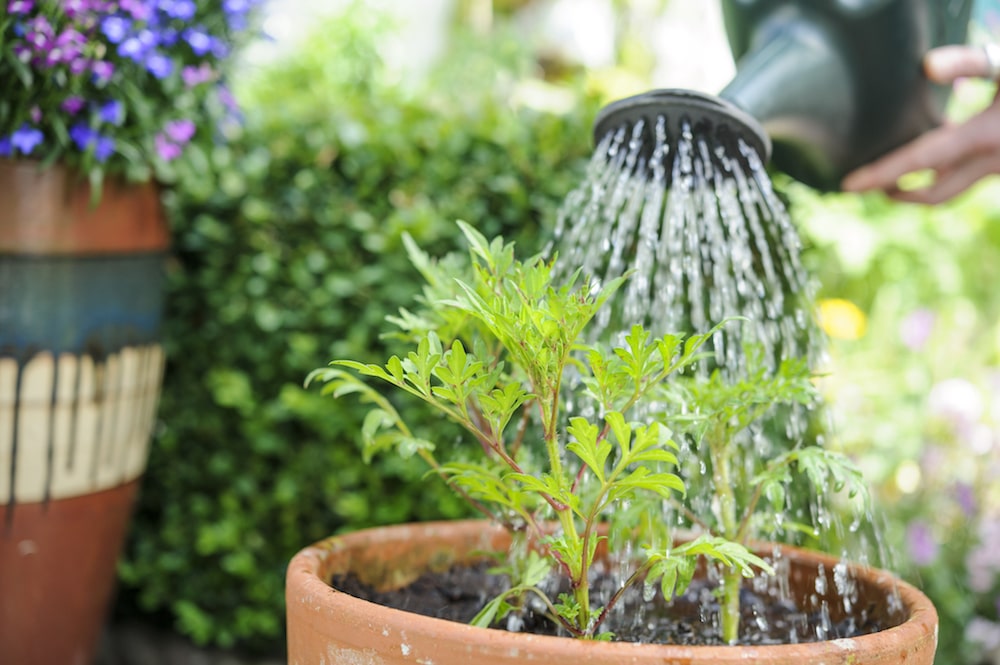
Not Keeping to a Feeding Schedule
Just like we value our three meals a day, plants need feeding regularly to get all the nutrients they require to thrive. Without food, plants quickly go into a self-preservation mode and refuse to set fruits or seed.
Vegetables are hungry plants, hungrier than flowers, so it’s worth providing a soil additive that prevents nutrient leaching. Professionals use our Biochar Biology Blend for this purpose.
Being Too Ambitious
This can come in two forms; having a vegetable patch that is too large to look after or trying to grow too great a variety of vegetables in one go. If you’re just starting out, it’s worth having some focus, it’ll make everything much more doable.
A smaller vegetable garden is easier to maintain, requires less time and allows you to focus your efforts on learning how to grow a few select varieties. It also allows you to learn how to water, amend soil and feed vegetables on a smaller scale without having to worry about losing 20 rows of expensive plants if you do it wrong.
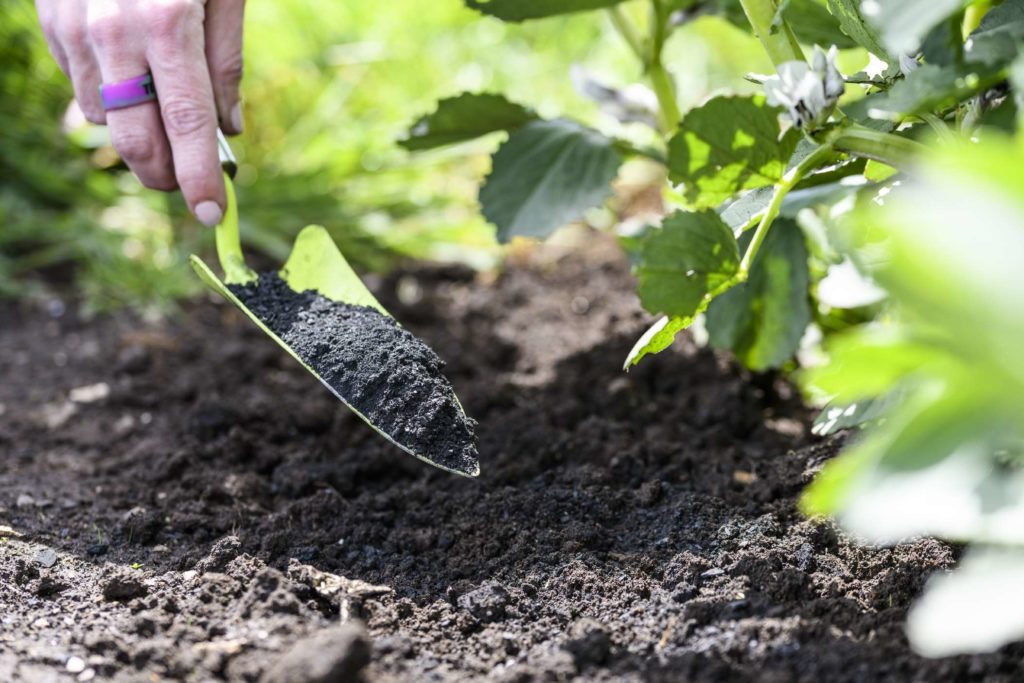
Skimping on Soil
The most successful vegetable gardeners cultivate a true love of soil. It shouldn’t be an afterthought. If you start off with poor soil, you’ll be fighting against it all season. It’s only through good soil that vegetables are provided with a repository of the all-important nutrients they need to thrive.
Whether your soil is light and sandy or heavy clay, digging in organic matter is always a good move.
A simple way to do this is to use a soil additive to neutralise acidity, boost water and nutrient retention and improve drainage and aeration. This will also provide a habitat for beneficial soil microbes that boost veg health and help them fend off pests and diseases.
If you’re thinking about starting out in the vegetable garden, why not take a look at our full range of biochar-based products? They’re used by professional crop growers up and down the UK and will get you off to a great start!
